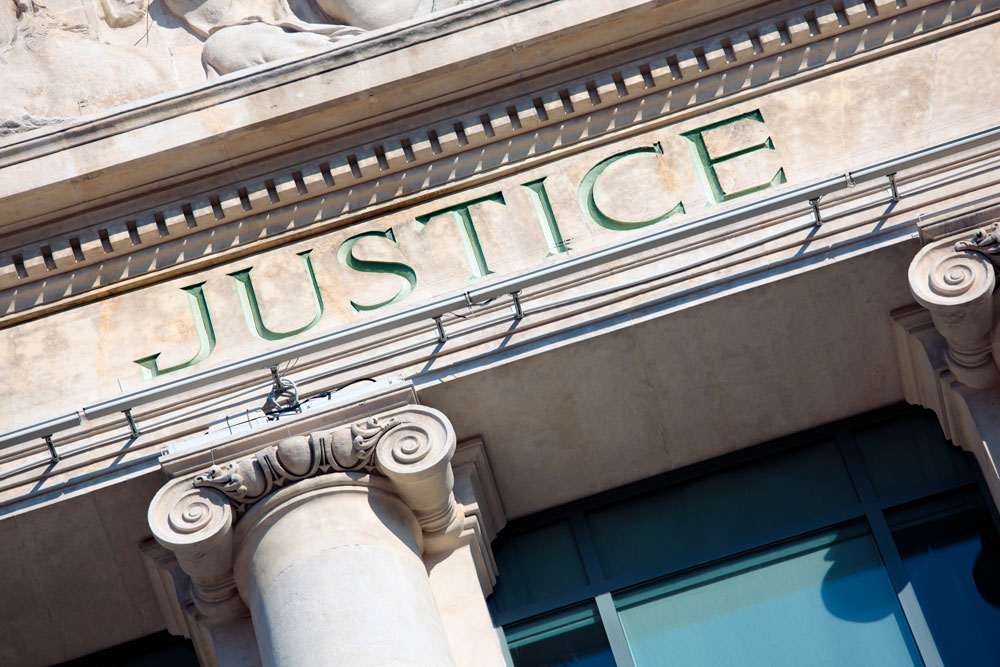
Justice Solomon concluded with the following in relevant part: This case is not the “unusual case” contemplated in Marshall. Defendant knew not only about the letter but also that Theresa had been interviewed about an unrelated crime involving defendant decades before filing his motion. And, although the discovery sought here is far more limited than in Marshall and Herrerra, the letter’s admissibility was heavily litigated.
Defendant has also made virtually no effort to investigate his claim that detectives spoke to Theresa after disclosure of the letter. As the trial court aptly concluded, this might be a different case had defendant presented a certification that detectives interviewed Theresa after production of the letter. In the absence of such evidence, however, and based on the circumstances in this case, defendant fails to make the necessary showing of good cause under Marshall. In Herrerra, moreover, the Court observed that given the stage of the proceedings — “nearly twenty years after the offense and almost seventeen years since the jury’s verdict” — the defendants would face the additional challenge of showing that any newly discovered evidence “would probably change the jury’s verdict if a new trial were granted.” 211 N.J. at 343. That observation applies with greater force here — forty-six years after the offense and twenty-seven years since the jury’s verdict. And, as stressed in Herrerra, there were “strong corroborative proofs” in this record. See ibid.
In sum, the trial court’s decision to deny defendant’s request was thus not an abuse of discretion. The judgment of the Appellate Division is reversed.
The dissent wrote in relevant part: It would grant the particularized request for postconviction discovery in this case, which, the dissent explains, would be clearly consistent with the Court’s jurisprudence. In Justice Albin’s view, this case is not about the finality of judgments — defendant has not filed a PCR petition or motion for a new trial — but simply whether, in this post-conviction setting, defendant may have access to a critical piece of evidence — if it exists — that either the State already turned over as part of its original discovery obligation under Rule 3:13-3 or failed to turn over in violation of that discovery rule. Justice Albin notes that the confession letter allegedly written by defendant was perhaps the most important piece of evidence introduced at trial and that defense counsel made a targeted, reasonable request for post-conviction discovery — the type of discovery request expressly approved of in Marshall, 148 N.J. at 269-71.
Noting the minimal burden the discovery request placed on the State here, Justice Albin cautions that a system of post-conviction relief cannot fulfill its true purpose if reasonable, relevant, and non-burdensome requests for discovery can be thwarted by a prosecutor’s office intent on keeping from view discovery that was or should have been available pretrial. Justice Albin writes that defendant has presented “good cause” for the entry of an order requiring the Prosecutor’s Office to respond to the limited request for discovery.
Justice Albin filed a dissenting opinion in which he was joined by Chief Justice Rabner and Justice LaVecchia. All three justices have worked as prosecutors, with Justice Albin being the only member of the dissent who practiced as a criminal defense attorney. Justice Pierre-Louis was the one member of the majority who worked as a criminal defense attorney before being a federal prosecutor immediately before she was nominated to the New Jersey Supreme Court to fill the vacant seat of Justice for whom she was a law clerk: John E. Wallace, Jr.
